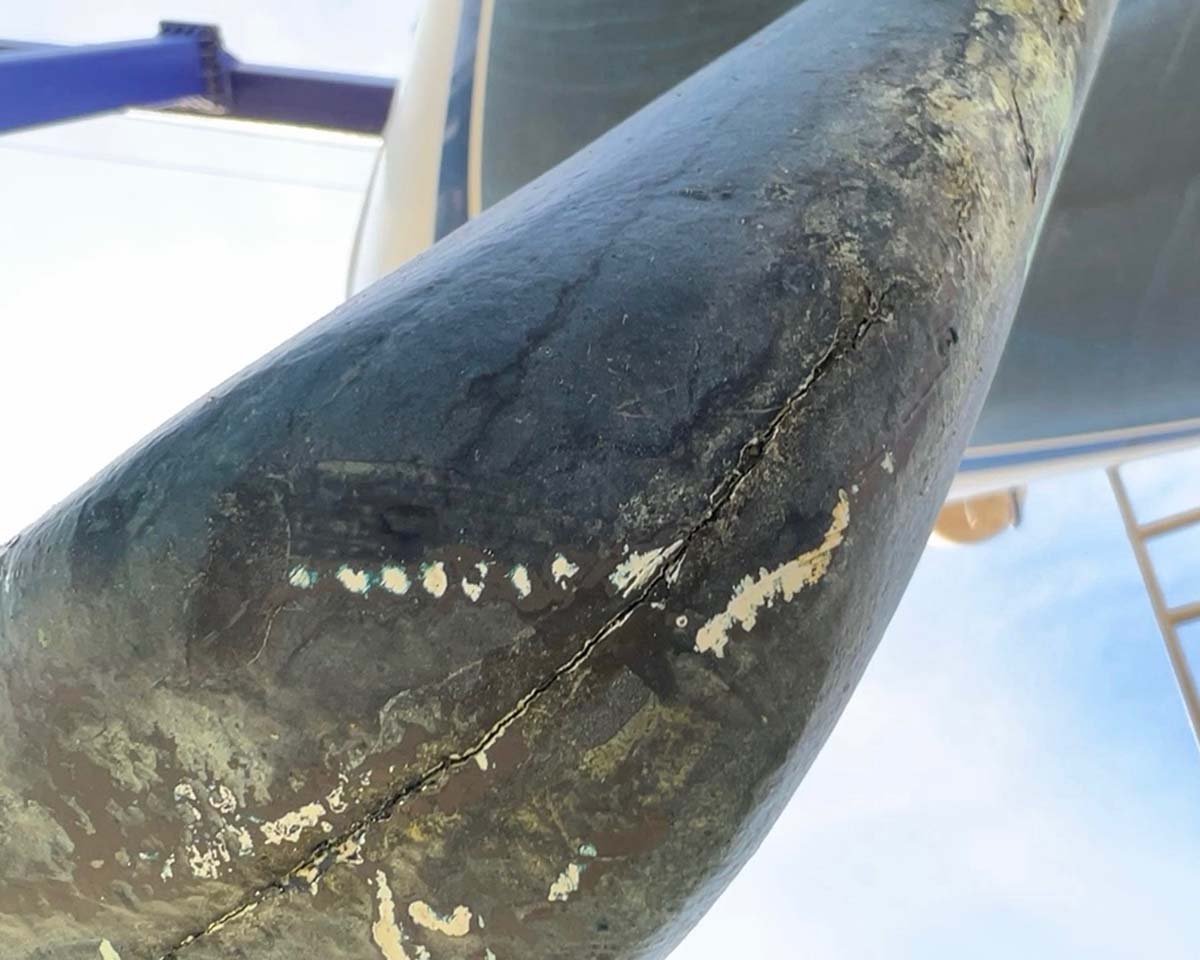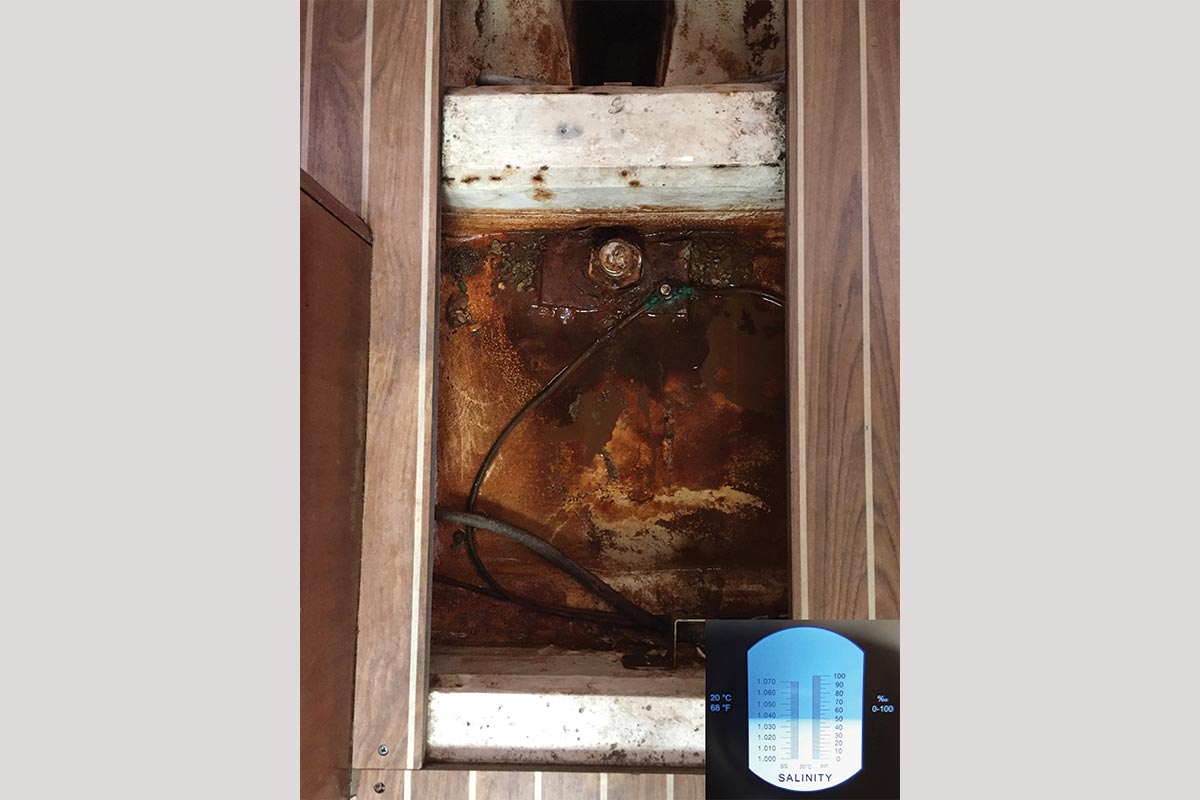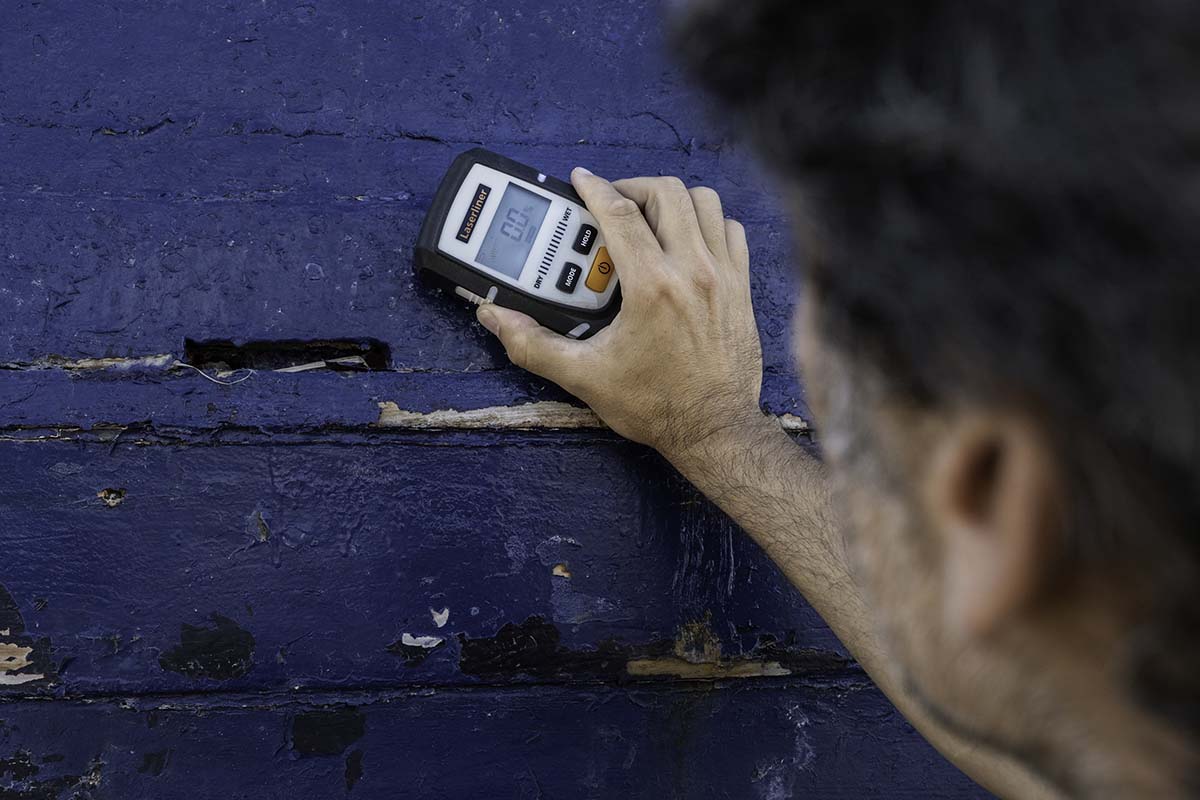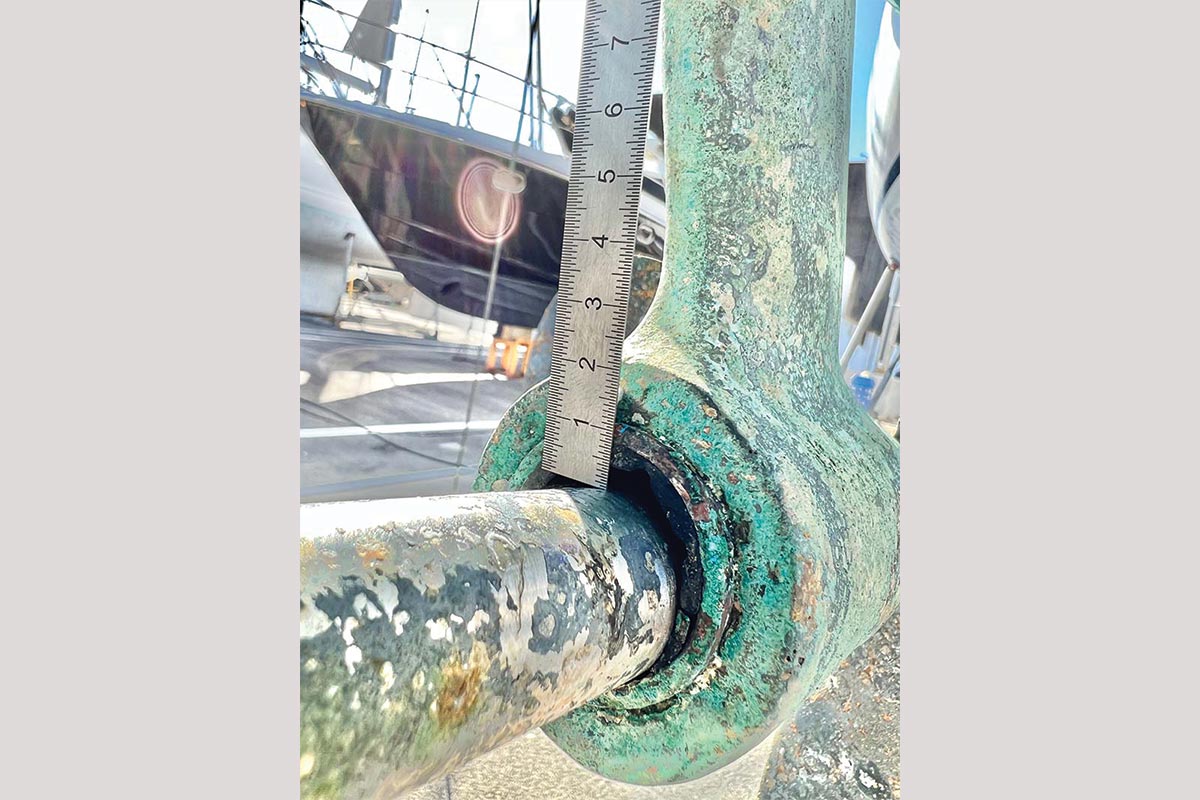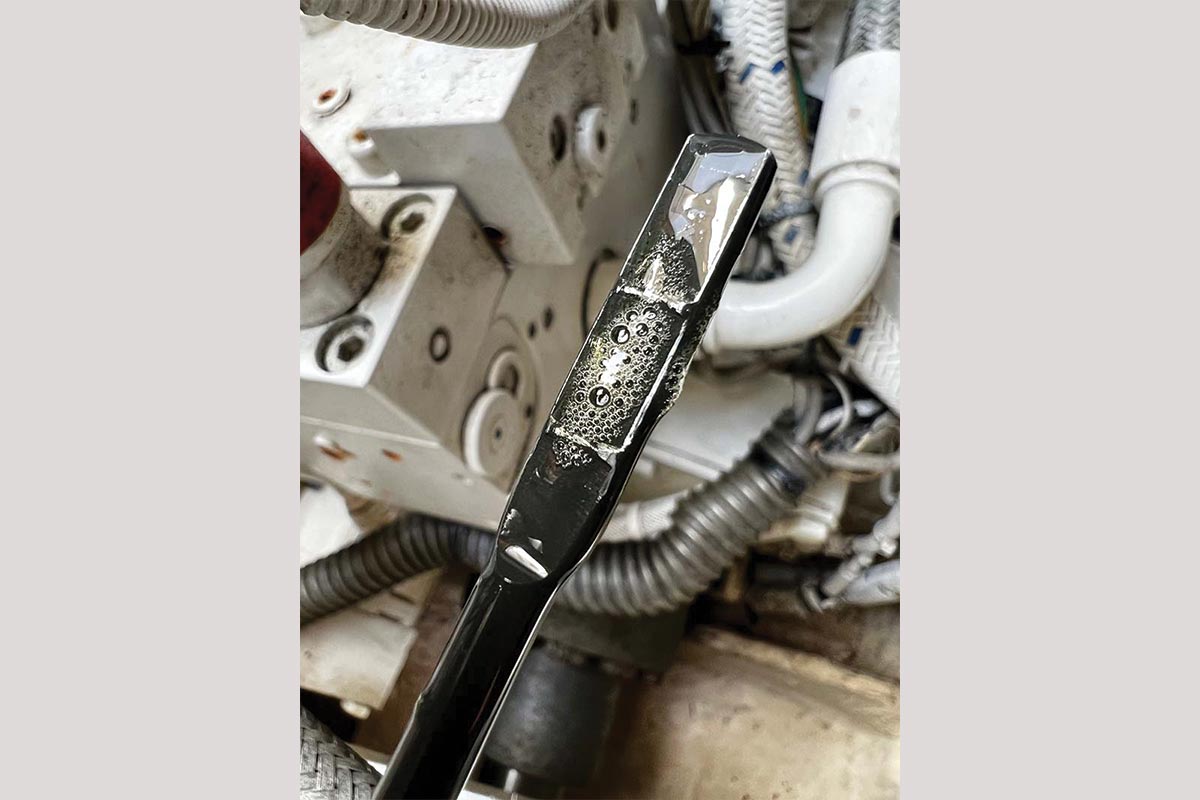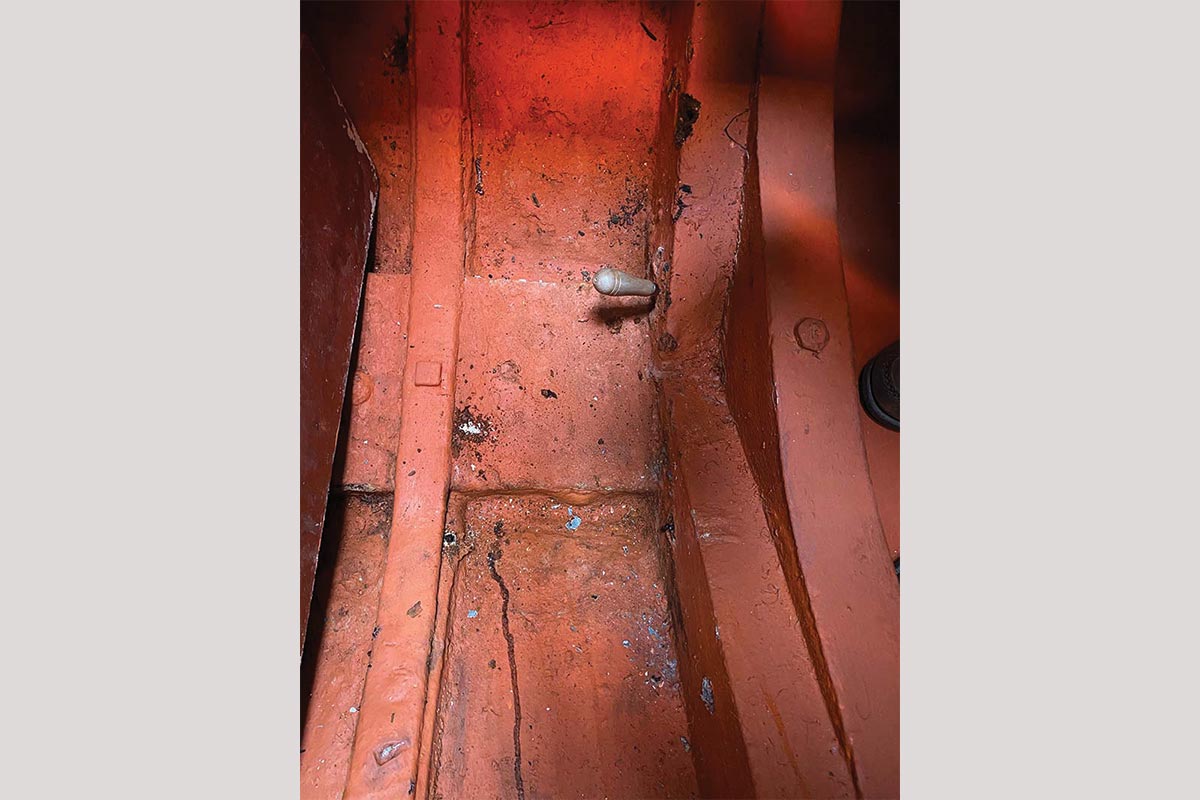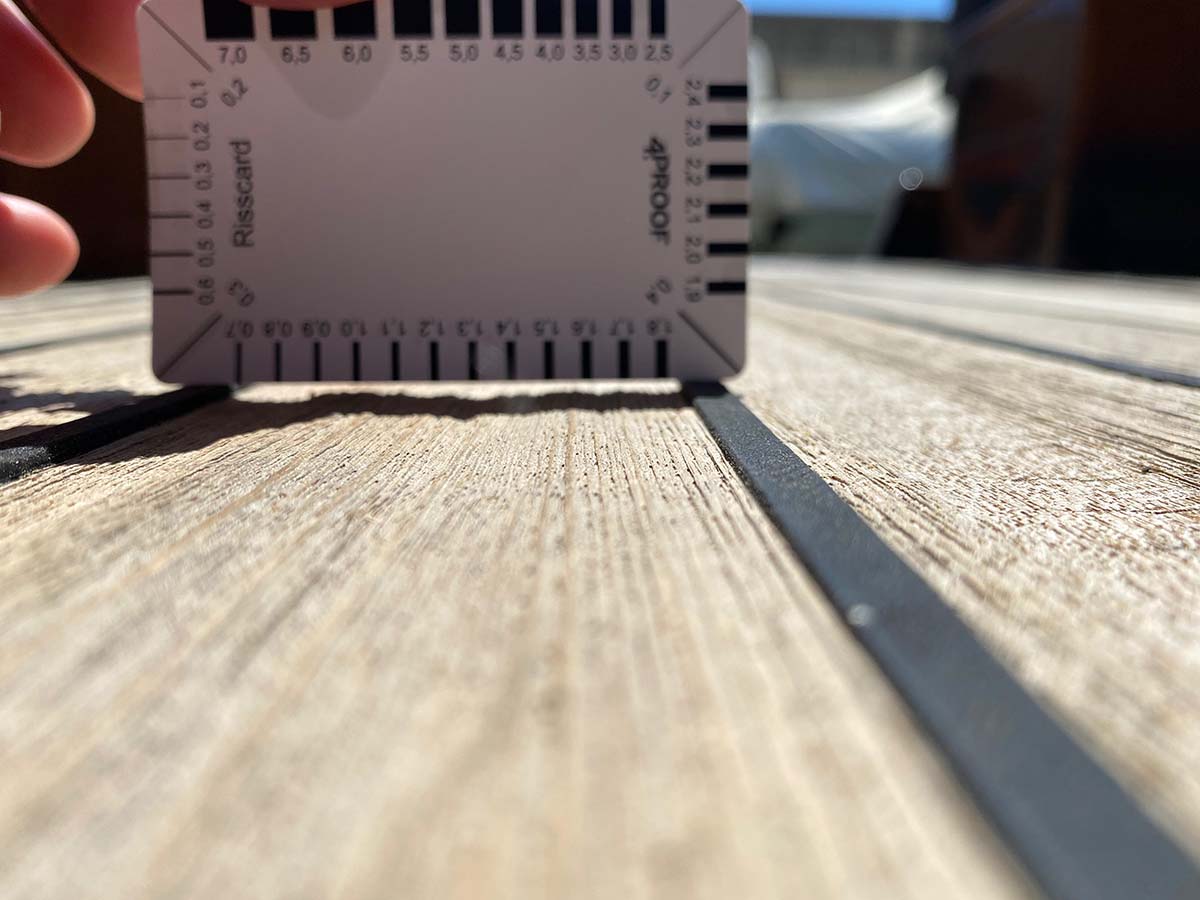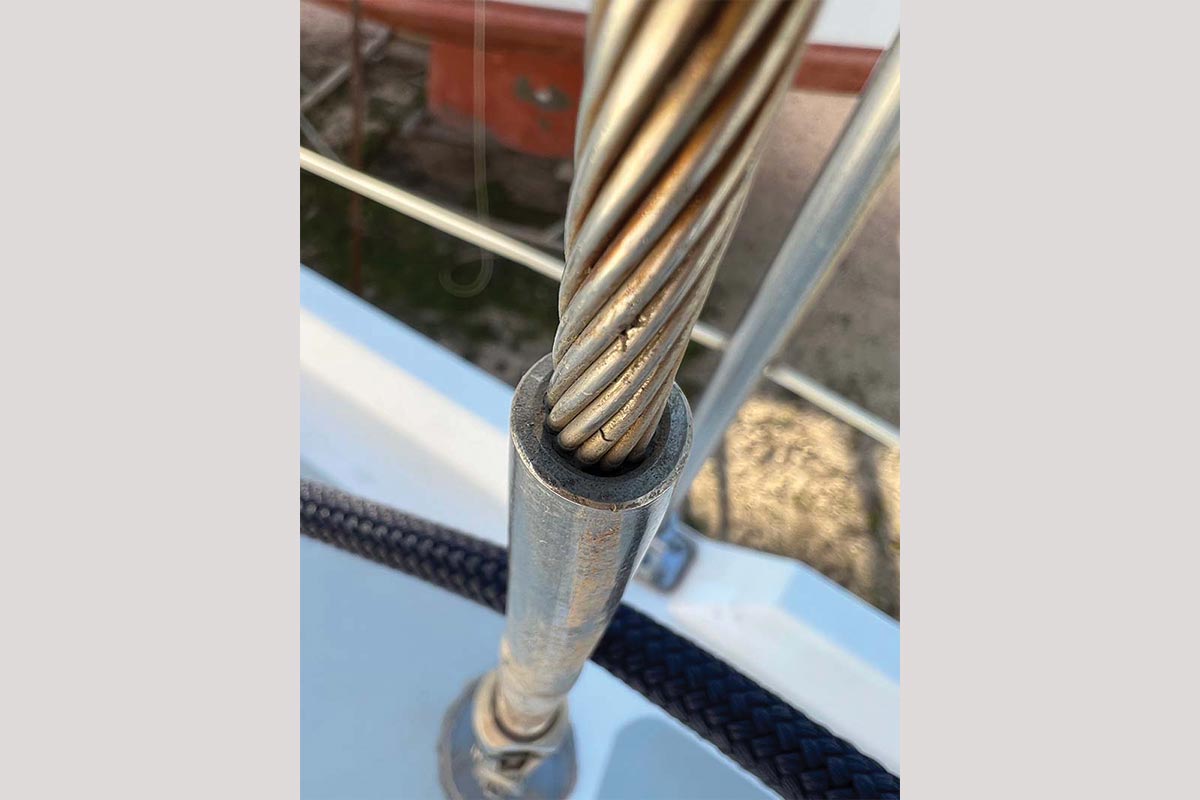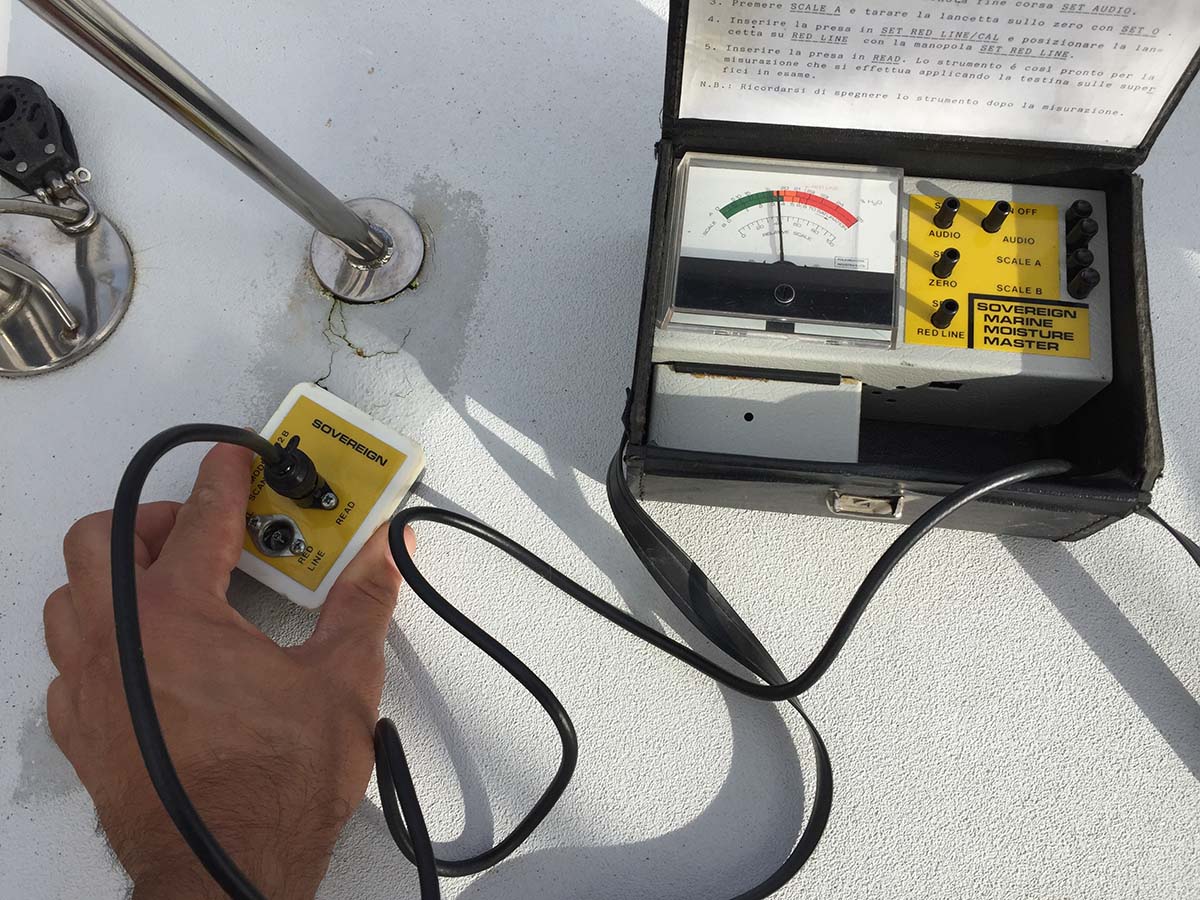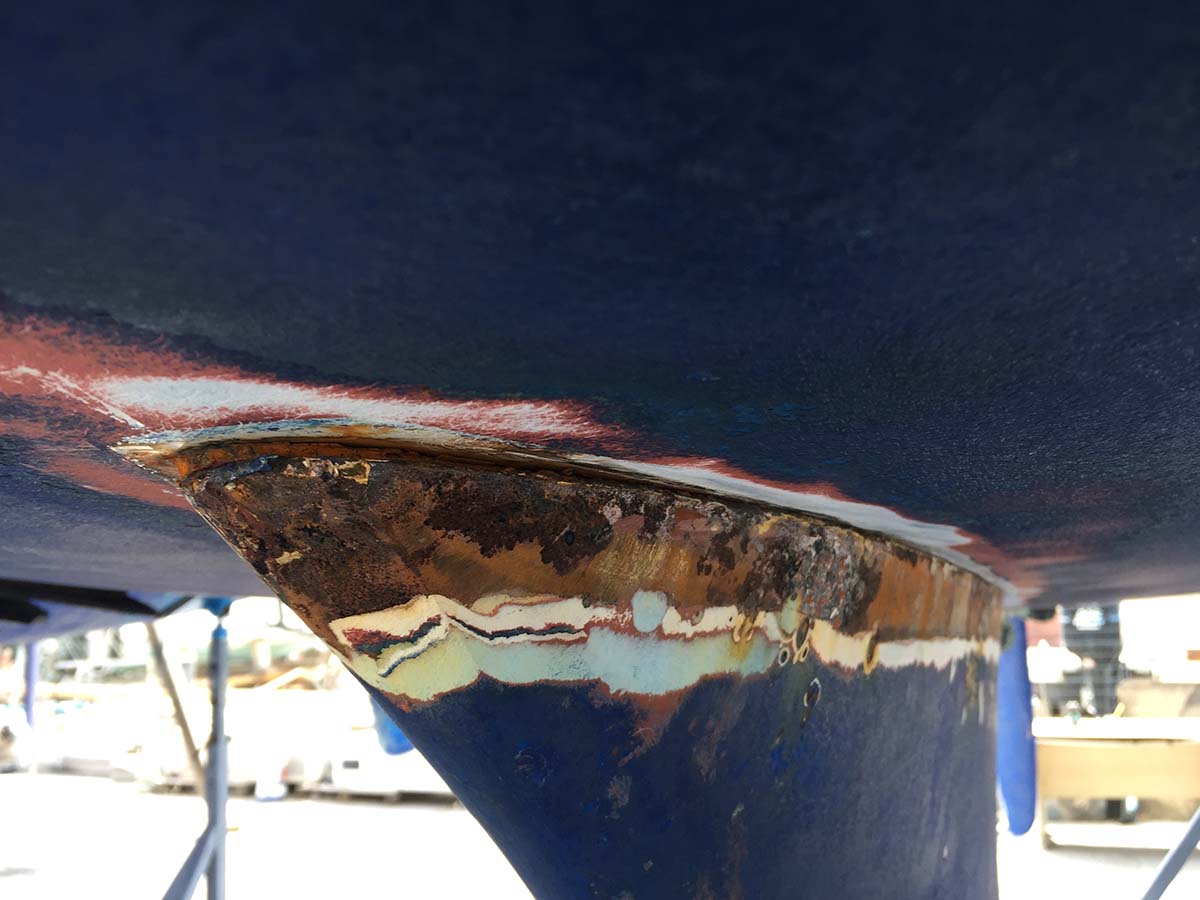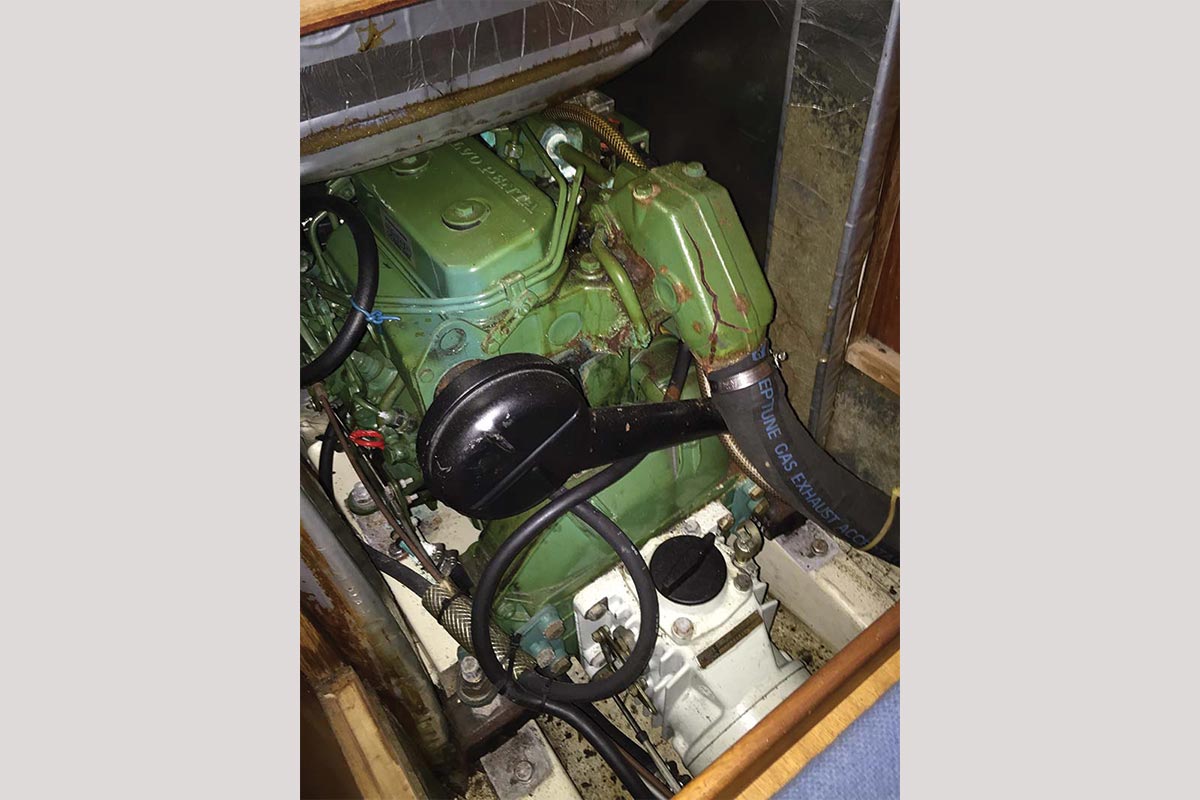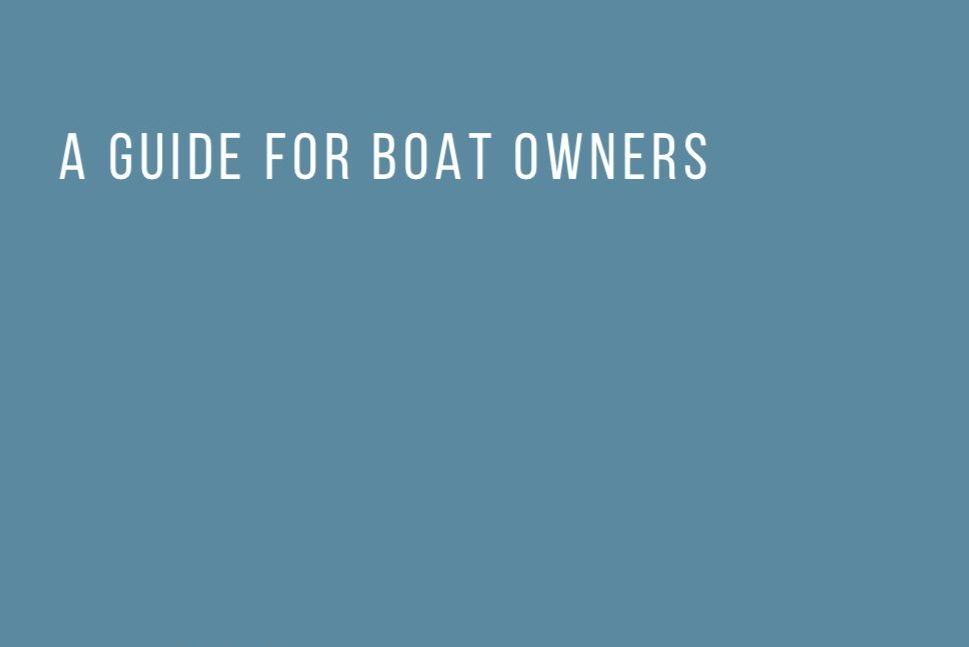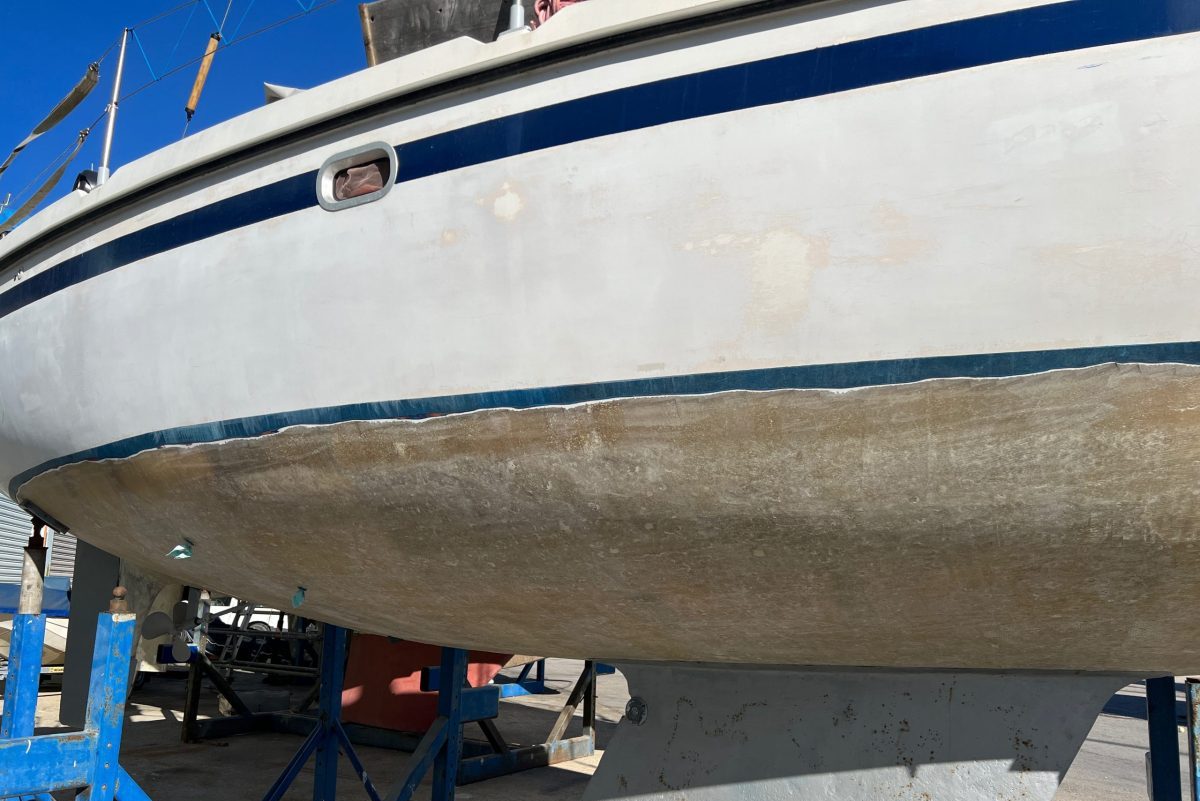Buying a boat is the dream of many. The fresh breeze and the feeling of freedom that a boat produces is a feeling that many of us long for, even more so after the last few years.
The world is changing, we are adapting, and the pandemic has made us more familiar with video calls and virtual meetings with anyone, anywhere.
The work of a surveyor has also adapted to this new reality: a surveyor today can travel to the destination port indicated by the client, inspect the vessel and report back with a detailed technical evaluation – all without the client moving from home.
A remote inspection service performed by a surveyor allows customers to avoid unpleasant surprises, minimises risks and facilitates a correct decision, based not on opinions, but on facts. And above all lets you take advantage of distant opportunities, saves you time and money and, ultimately, helps make your dream come true.
Safety first
The main reason for hiring an external professional is technical. Boats are floating objects designed to give us pleasure, but above all to keep us safe in the middle of the sea. And we all know that any boat can lead to endless maintenance.
A professional surveyor methodologically inspects the structure, systems, and safety of the vessel and quickly and thoroughly classifies all the findings based on their severity and repair costs. It is then up to the buyer to carry out the operation or not. And this way, it will be an informed decision.
The advantages of a remote service
The market for used boats in southern Europe is huge and with attractive prices compared to northern European countries. Opportunities often lie a long way from home, but then the usual questions can arise: is the boat really the one for me? Does it fit with my navigation program? Is it technically sound?
A surveyor is responsible for answering these questions in the most precise and complete way to help the client make a decision.. The process can start with a simple first impression survey to check the general condition of the boat and identify potential serious problems; this data provide an informed opinion of the ship’s characteristics and can help the client decide if the ship fits the intended programme. If so, the next natural step is a full pre-purchase survey.
Being objective is key
A yacht comprises structure and many systems. Hull, deck, keel, engine, rigging, electrical systems, safety systems to name a few, there are many areas that need to be checked. The important point, and this should be the task of every surveyore, is to move from opinions to facts. It’s worth nothing stating: “the structure seemed to be solid”, or “water in the bilge may have come from a through hull fitting”.. That opinion must be ascertained by some objective test that can clearly and objectively identify the source of the finding. The best surveyors develop their own tests, and only when opinions become facts, only then does a surveyor’s work gain its real value.
Smooth communication with the client
A boat is an emotive object, so clients are often eager to know the results of the inspection. Having smooth communication throughout the process eases these nerves. For example, if in the middle of the inspection, when the main potential risks have been verified, a video call is established with the client, first impressions can be transmitted. This is a good opportunity to decide if a particular area or system needs more attention. If the client has a particular need, it can be adapted at the time. Closing the on-site inspection with a call also makes it possible to ensure that all doubts are covered.
Once the report is written, with photos and videos, all the findings are reviewed in detail with the last video call. This final document and communication is what really counts, because this is where all the factual information with evidence, test results, images, and explanations of the findings is presented and structured.
It is the culmination of the aforementioned approach: moving from opinion to objective evidence.
Being the eyes of the client grants a great responsibility.
That is why a vessel should be inspected with the same spirit and care as if the surveyor were the prospective buyer. Even more so, because when one has to transmit information to another person remotely, special care must be taken to be precise, impartial and objective.
